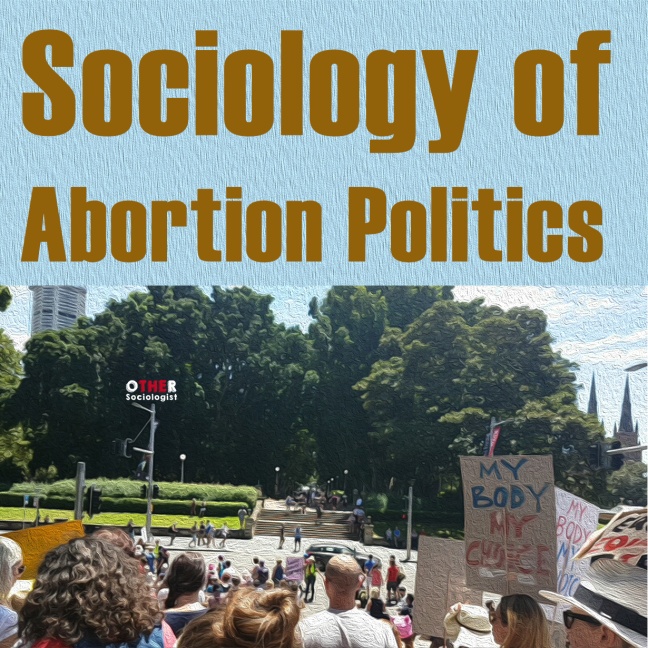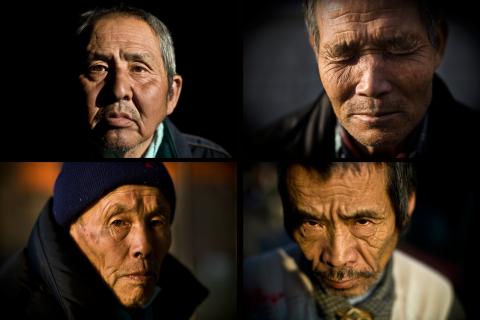This week, on 11 May 2017, a bill two-years-in-the-making to decriminalise abortion in the state of New South Wales, Australia, was defeated 14 to 25, meaning abortion remains a crime under the Criminal Act. Greens MP and Spokesperson for the Status of Women, Dr Mehreen Faruqi MLC, who led the campaign to decriminalise said: “This bill was not about promoting or not promoting abortion. It was about choice.”
Another separate bill to establish 150 metre safe zones to protect abortion clinics has been introduced by Labor MP Penny Sharpe. This bill works to eliminate harassment and intimidation by anti-choice lobbyists who film and degrade women who walk into clinics.
In NSW, women can access abortions only with their doctor’s consent that there are “reasonable grounds” for the abortion, linked to physical and mental danger. Otherwise abortion is punishable by five years in jail.
This law has been in place since the 1970s, but stems back to 1900. Counter to national myths of our egalitarianism, abortion laws unearth how gender inequality is maintained by White, conservative Christian patriarchal ideology that seeks to control women’s autonomy. Sociological studies show how medical professionals have long been at the vanguard of change, by shifting understandings of abortion from moral arguments, to a medical choice.
Christian lobby groups, who hold strong political power, push back against medical and community views, using emotional imagery to influence abortion laws. This has proven effective over time, and continues to hold back progress in New South Wales (and Queensland, another conservative stronghold). Despite this recent set-back, momentum towards progressive change continues. A better sociological understanding of religiously conservative ideology and tactics may hold the key towards the next legal breakthrough.


